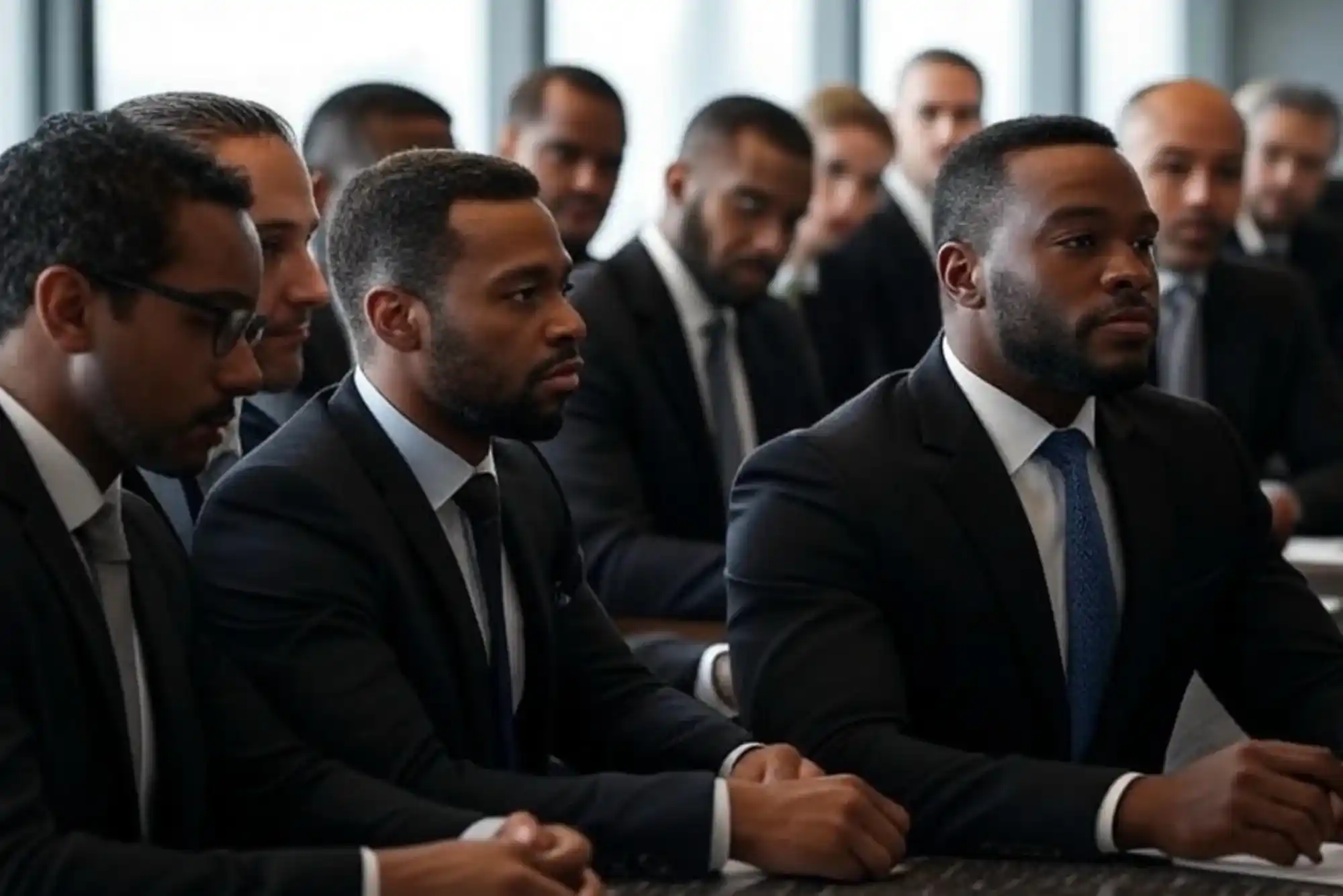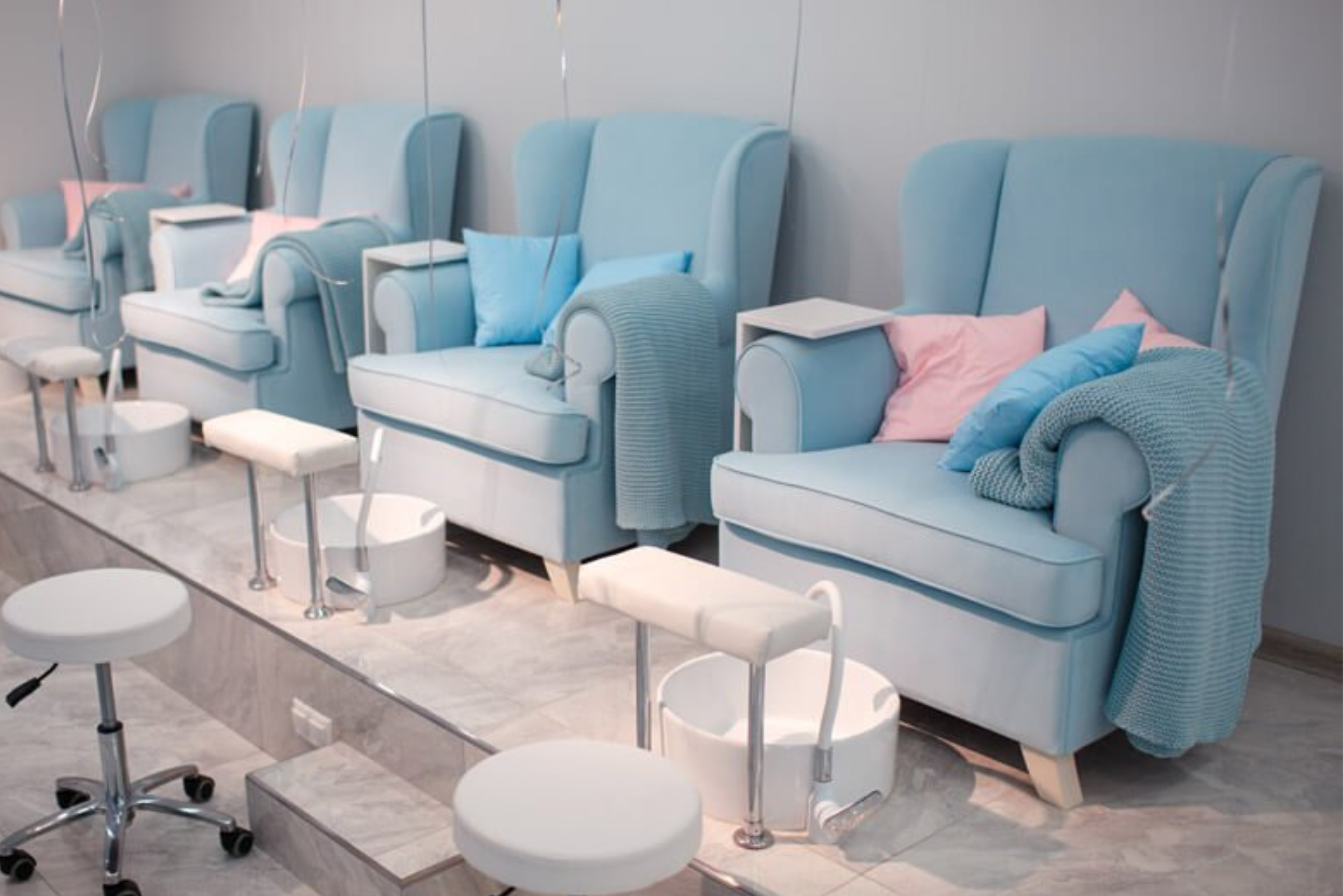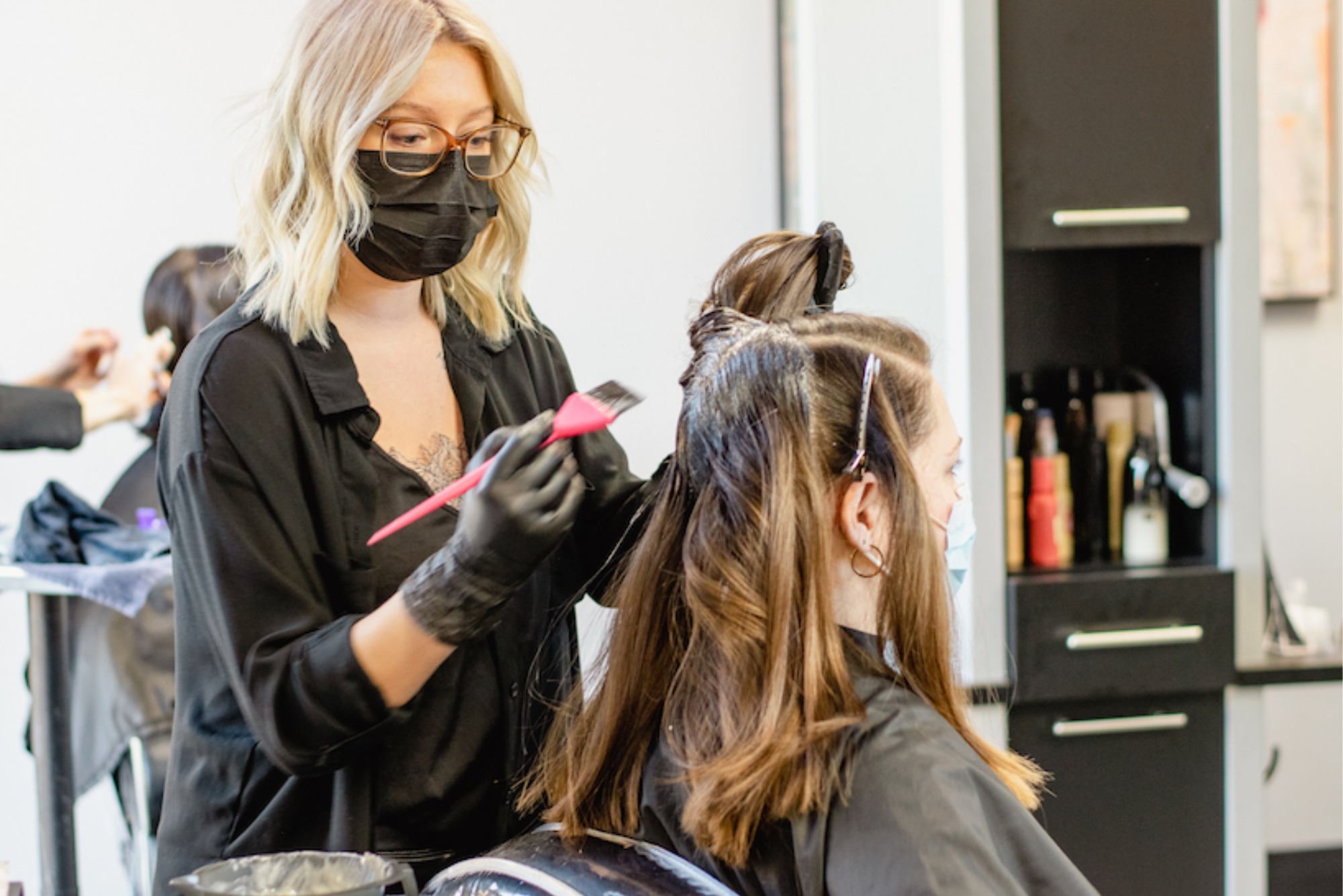The legal system in Dubai operates under a hybrid framework combining Islamic Sharia principles with civil law elements. One of the critical aspects of this system is its treatment of juvenile offenders—individuals under the age of 18 who are accused of violating the law. Understanding how the legal framework deals with such cases is crucial for residents and professionals alike, particularly those working in sectors that involve the welfare and supervision of minors.
A recurring question among expatriates and UAE nationals is whether criminal lawyers in Dubai are permitted to represent juveniles who are charged with criminal offenses. The short answer is yes—juveniles are entitled to legal representation, and qualified lawyers can act on their behalf. However, the process, responsibilities, and legal requirements differ in some ways from adult criminal proceedings. This article explores the legal mechanisms in place for juvenile defense, the role of criminal lawyers, and what families should know when navigating the juvenile justice system in Dubai.
Understanding Juvenile Justice in Dubai
Dubai’s juvenile justice system is governed by a specialized set of laws, primarily the UAE Federal Law No. 9 of 1976 concerning juvenile delinquents and the regulation of reform institutions. This law outlines who qualifies as a juvenile, the types of crimes that fall under juvenile jurisdiction, and the procedures that must be followed when a minor is charged with a criminal offense.
In this legal framework, a juvenile is defined as a person who has not reached the age of 18 at the time of committing an offense. Juvenile cases are handled differently than adult criminal cases, reflecting the legal system’s focus on rehabilitation rather than punishment. This distinction is essential because it informs how the case is investigated, prosecuted, and adjudicated.
Legal Rights of Juveniles Charged with Crimes
Juveniles in Dubai, just like adults, are afforded specific legal rights that aim to protect their welfare and ensure fair treatment. These include the right to be informed of the charges against them, the right to remain silent, and crucially, the right to legal representation. It is in this context that criminal lawyers in Dubai play a significant role.
The legal system mandates that a juvenile must be represented by a lawyer during interrogation and trial proceedings. This legal requirement ensures that the minor’s rights are safeguarded and that any statements made are within the bounds of the law. Moreover, lawyers can advise the minor and their guardians on the appropriate legal strategies, available defenses, and the potential outcomes of the case.
The Role of Lawyers in Juvenile Cases
Lawyers representing juveniles must adhere to specific legal and ethical standards that take into account the age and vulnerability of the client. Their responsibilities go beyond the standard legal defense—they must also act as advocates for the best interests of the child.
One of the primary responsibilities of a lawyer in a juvenile case is to ensure that the minor’s rights are not violated during the investigation and judicial process. This includes attending all interrogations, reviewing the evidence presented by law enforcement, and challenging any procedural errors that may disadvantage the juvenile. Lawyers must also maintain clear communication with the child’s guardians or parents to keep them informed of the legal developments and potential outcomes.
Furthermore, lawyers are instrumental in presenting mitigating circumstances that could influence the court’s decision. For example, the court may consider the child’s background, psychological state, family environment, and the circumstances leading up to the alleged offense. These factors are often used to argue for rehabilitation measures rather than custodial sentences.
Specialized Juvenile Courts and Procedures
Juvenile cases in Dubai are heard in specialized juvenile courts, which operate under a more rehabilitative and protective ethos compared to adult criminal courts. These courts focus on corrective measures such as probation, community service, or placement in a reform institution rather than punitive actions like imprisonment.
The procedures followed in juvenile courts are less formal and aim to create an environment conducive to the child’s emotional and psychological well-being. During these proceedings, the judge may also take the recommendations of social workers, psychologists, and educational counselors into account. Lawyers working on juvenile cases must be well-versed in these multidisciplinary considerations and tailor their legal strategies accordingly.
Importantly, the presence of a lawyer is not only a procedural formality but a critical component in ensuring that the legal process remains just and balanced. Juveniles are often unaware of their rights or the implications of their actions; therefore, having experienced legal representation is essential for a fair trial.
Collaboration with Family and Social Institutions
Effective legal representation for juveniles extends beyond the courtroom. Lawyers must also coordinate with family members, schools, and social service agencies to provide a comprehensive defense. In many cases, the involvement of these institutions can lead to more favorable outcomes for the child.
For instance, a lawyer may work with educational institutions to obtain records that demonstrate the child’s academic performance or behavioral progress. Similarly, social workers may provide reports that speak to the child’s home environment or emotional development. These collaborative efforts can influence the court’s perception and lead to alternative sentencing options.
The aim is to ensure that the juvenile receives appropriate interventions that address the root causes of the behavior while minimizing the risk of reoffending. Lawyers must be prepared to act as both legal advocates and mediators in these situations, balancing legal requirements with the child’s long-term welfare.
Rehabilitation and Post-Trial Support
Another critical aspect of juvenile representation is the post-trial phase. If the court orders rehabilitation measures, lawyers often play a role in ensuring that the child complies with these directives and that the programs are suitable for their needs. Whether it involves attending therapy sessions, enrolling in educational programs, or participating in community service, legal professionals may continue to advise both the juvenile and their guardians.
Post-trial support also includes monitoring compliance with probation terms or navigating any legal implications arising from the juvenile’s record. In some cases, lawyers may file motions to expunge or seal the record to protect the child’s future opportunities in education or employment.
Dubai’s legal system recognizes the importance of reintegration, and the role of the lawyer does not end with the verdict. Continuous legal guidance ensures that the child’s rights are preserved long after the trial has concluded.
Legal and Cultural Sensitivities
When representing juveniles in Dubai, lawyers must also be sensitive to cultural values and societal expectations. Dubai is a multicultural city with residents from many different backgrounds. While the law is uniformly applied, cultural misunderstandings or miscommunications can complicate a case.
Lawyers must ensure that all parties involved understand the proceedings, especially in cases where the juvenile or their family may not be fluent in Arabic. The ability to communicate effectively with clients from diverse backgrounds is crucial for proper legal representation.
Additionally, lawyers must respect and incorporate Islamic legal principles where applicable. Juvenile offenses involving issues such as morality, family honor, or public conduct may be influenced by cultural expectations, and legal strategies must be crafted with these in mind.
Conclusion
The answer to the question, “Can criminal lawyers in Dubai represent juveniles charged with crimes?” is unequivocally yes. Legal representation is not only permitted but mandated by law to ensure that minors receive fair treatment under the justice system. The process, however, is distinct from that of adult criminal proceedings, requiring a specialized approach that takes into account the developmental, psychological, and social needs of the child.
Criminal lawyers in Dubai who handle juvenile cases must possess not only legal expertise but also a deep understanding of rehabilitative justice and cultural sensitivity. Their role is multifaceted—defending legal rights, advocating for suitable interventions, and facilitating long-term rehabilitation. For families navigating the complexities of the juvenile justice system, securing experienced and compassionate legal representation is an essential step toward safeguarding their child’s future.
In a legal environment that strives to balance accountability with compassion, the presence of qualified legal counsel ensures that young individuals are given the opportunity to learn from their mistakes and reintegrate into society with dignity and purpose.









